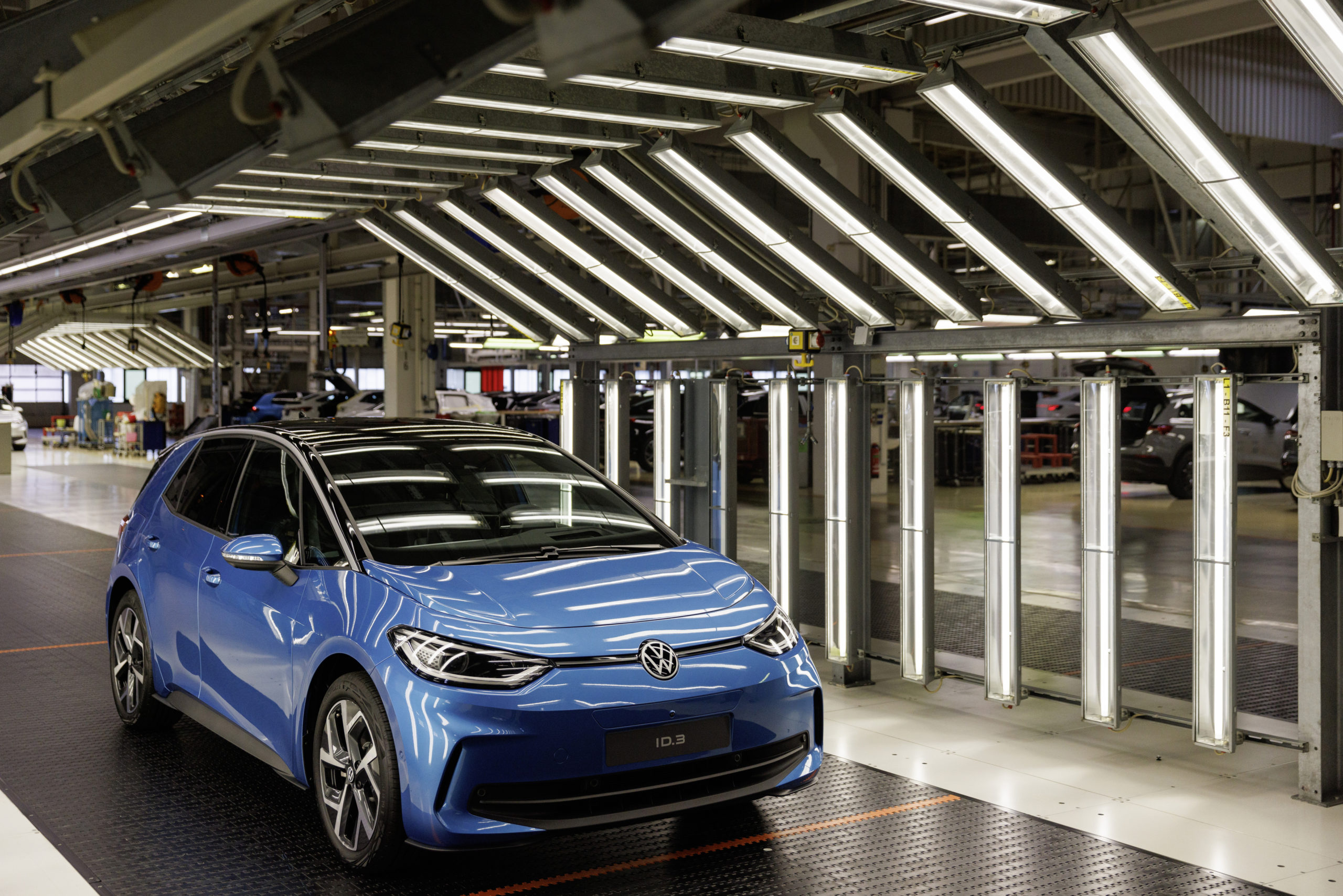
Weak EV demand forces VW to cut jobs at Zwickau plant

Faltering demand for the ID models is troubling Volkswagens biggest EV factory in Zwickau. /Volkswagen
Volkswagen is laying off workforce at its biggest plant for EV manufacturing in Zwickau. As incentives are declining and the economy remains


Comments
Ready to join the conversation?
You must be an active subscriber to leave a comment.
Subscribe Today